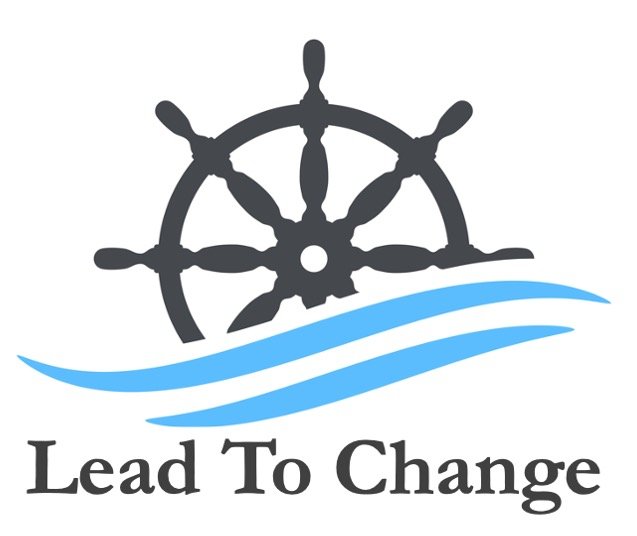The Elephant’s Ass: The Problem with Disillusionment
Feeling disillusioned can be hard. Sam was clearly distressed. He said he was profoundly disillusioned. He recently moved to a new company, hoping the grass was greener. Six months later, he thinks he made a mistake. In fact, he now believes the entire industry is inherently flawed and he made a terrible career choice. He feels he is seeing things clearly for the first time, and he doesn’t like what he sees.
After our conversation, I reflected on disillusionment. What made it so hard for us? Was there a silver lining? As I worked with Sam to help him move forward, it became clear that while being disillusioned can be a powerful impetus for growth, it can lead us astray if we’re not careful.
What’s so hard about It? For one, it is generally thought of as a form of catharsis we experience when we transition from an idealistic worldview to a more realistic one. It can be hard to cope with the fact that we must accept the flaws of the world around us. And it can challenge our pre-existing attitudes, values, beliefs, and opinions, and make us realize that the truth is more complicated than our original perspective had implied.
What’s the best thing about It? Like most cathartic experiences, while painful and uncomfortable, it can be incredibly valuable for our personal growth and wellbeing. Often, it helps us release the unrealistic expectations and pressures we put upon ourselves. We sometimes learn to appreciate what we have, rather than grasping for more. We gain the capacity to move onward, even in the face of adversity. So, while people don’t often feel good about being disillusioned, it can serve us quite well.
Sometimes we see what we’re looking for. It might be helpful to understand that Sam regarded himself as a somewhat cynical person, inclined to see the downside of things. He also prided himself on his critical eye – adept at spotting problems and defects. And that this has served him well so far in his career.
When Sam explored his situation further, he explained that when he discovered problems at his previous organization, he decided to leave and find a better environment. When he got to the next organization, he set out to look for problems, and sure enough, he found plenty. This led him to conclude the entire industry had inherent problems he couldn’t abide. I offered that it sounded like he was doing a “despicability comparison.”
From there, our conversation proceeded in a different direction. While he was seeing the flaws quite clearly, he was ignoring or de-emphasizing the positives. When he stepped back and looked at the bigger picture, things looked quite a bit different. Some of the issues seemed less troublesome. And others were seen as necessary trade-offs that resulted in some compelling positives. He felt he was finally seeing things as they really are – and they didn’t look as bad.
What’s the elephant’s ass have to do with it? When I asked Sam for a metaphor, he said:
“It’s like I was a few inches from an elephant’s ass and concluded that elephants are nothing but
dirty, smelly, ugly creatures. And when I stepped back, I saw what awesome creatures they are.”
What’s the problem with it? Sam was clearly in a better place, but was he finally seeing things as they are? When we are disillusioned we come to believe we are no longer under an illusion — we have discovered the truth. The problem is our minds don’t see truth – they see slivers of it while giving us the illusion of reality. And the slivers we see are highly influenced by the way we look at the world - our beliefs, assumptions, values, etc.. This is especially troublesome when our bias is to look for what’s wrong with the world, others, ourselves, etc. This can lead us to seeing things in increasingly bleak terms. It can also be troublesome if our bias is toward the positive -- we may be ignoring problems. The point being, while reality reveals bits of itself from time to time, it is elusive —there’s always more to discover.
The elephant’s ass isn’t an elephant. The elephant isn’t a herd. And so on…!
To be clear, Sam may indeed have made the wrong career choice. And the two companies he’s worked for may have toxic cultures that are representative of the entire industry. But until he acknowledged his bias and looked at his situation from a different vantage point, he hadn’t considered the possibility that these beliefs might not be exactly true. Had he not considered this, he might have taken action that wouldn’t have served him well. And he might not be open to seeing the influence these beliefs were having on his behavior – and ultimately, his effectiveness as a leader.
Sam is still working through strategies to move forward, but in his words,
“I’m no longer staring at the elephant’s ass as a primary source of information.”
What can you do? It can help to acknowledge that what you’re going through is hard, but that you’re not alone — it’s something we all go through. And before drawing definitive conclusions and making important decisions, it can help to be mindful that your newfound perspective is still incomplete. Sometimes we need help working out how to move forward.
If feeling disillusioned is impacting your ability to achieve goals, challenging the merits of your goals, or decreasing your effectiveness as a leader, etc., we can help.
Contact us to set up an initial consultation at no charge.

